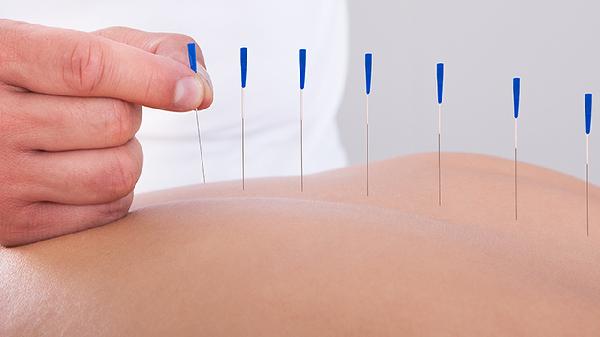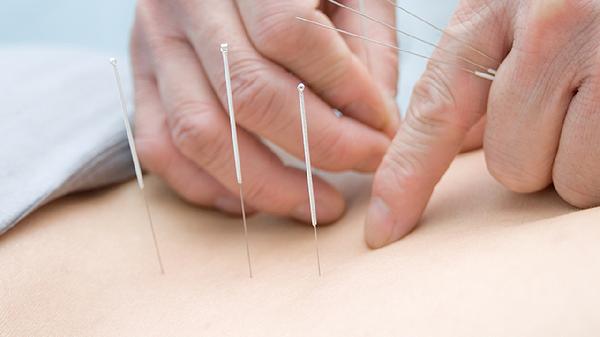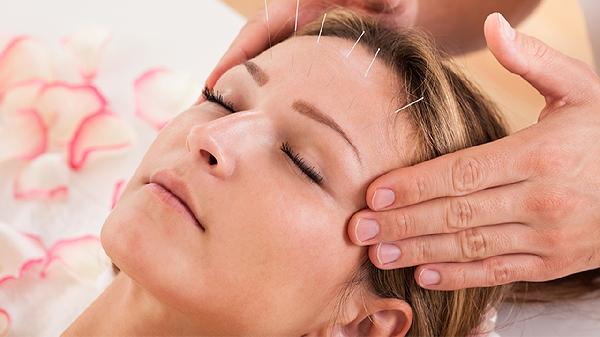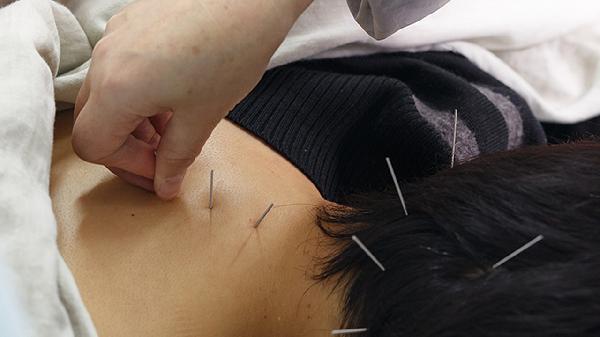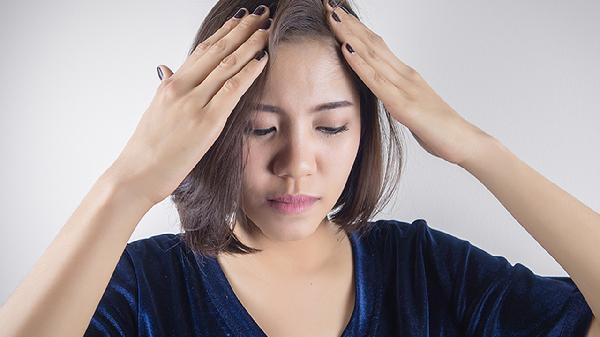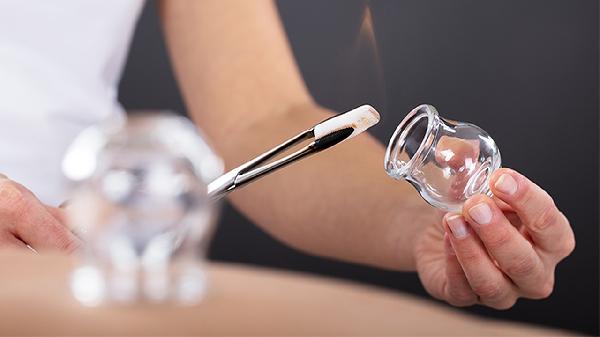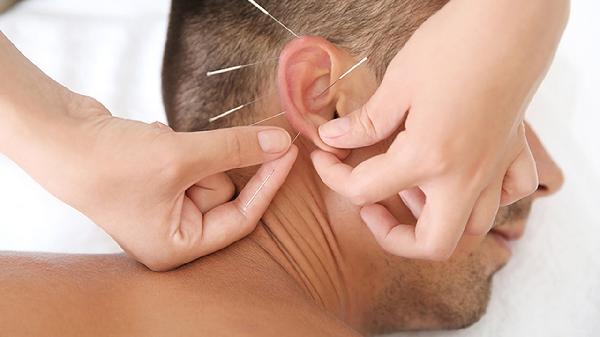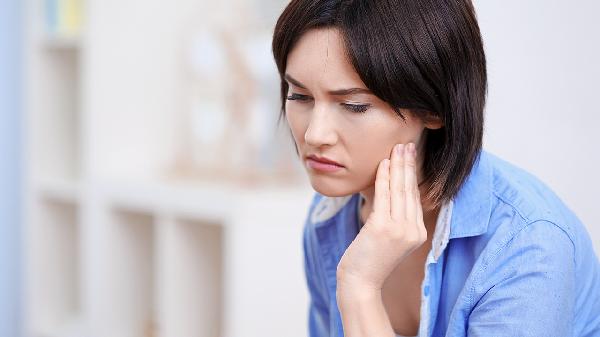Acupuncture has gained attention as a potential method to boost fertility, and experts suggest it may offer benefits when used alongside conventional treatments. While it is not a standalone solution, acupuncture can improve blood flow to reproductive organs, regulate hormones, and reduce stress, all of which may enhance fertility outcomes. Let’s explore how acupuncture works, its potential benefits, and what experts say about its role in fertility.
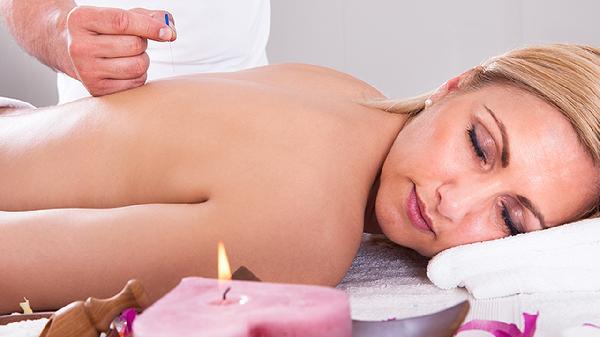
How Acupuncture May Improve Fertility
Acupuncture, a traditional Chinese medicine practice, involves inserting thin needles into specific points on the body to stimulate energy flow (Qi). For fertility, acupuncture targets points that influence reproductive health. Studies suggest it can increase blood flow to the uterus and ovaries, improving the quality of the uterine lining and egg health. Additionally, acupuncture may help regulate hormones like estrogen and progesterone, which are crucial for ovulation and implantation. By reducing stress and promoting relaxation, acupuncture can also address emotional factors that may hinder fertility.
Scientific Evidence Supporting Acupuncture for Fertility
Research on acupuncture and fertility has shown mixed but promising results. A study published in Fertility and Sterility found that women undergoing in vitro fertilization (IVF) who received acupuncture had higher pregnancy rates compared to those who did not. Another study highlighted that acupuncture improved ovarian function in women with polycystic ovary syndrome (PCOS), a common cause of infertility. However, experts caution that more large-scale, high-quality studies are needed to confirm these findings and determine the optimal timing and frequency of acupuncture sessions.
Combining Acupuncture with Conventional Fertility Treatments
Many fertility specialists recommend acupuncture as a complementary therapy rather than a replacement for medical treatments like IVF or hormone therapy. Acupuncture sessions are often scheduled before and after embryo transfer to enhance implantation success. Some clinics even offer on-site acupuncture services to integrate it seamlessly into fertility treatment plans. Experts emphasize that acupuncture should be performed by a licensed practitioner with experience in fertility to ensure safety and effectiveness.
Potential Benefits Beyond Physical Health
Beyond its physiological effects, acupuncture can address the emotional and psychological challenges of infertility. The process of trying to conceive can be stressful, and acupuncture’s calming effects may help reduce anxiety and improve overall well-being. This holistic approach can create a more supportive environment for conception, both physically and mentally.
What to Expect During an Acupuncture Session
If you’re considering acupuncture for fertility, it’s important to know what to expect. During your first session, the practitioner will assess your medical history and fertility goals. They will then insert needles into specific points, which may include areas on your abdomen, legs, or ears. The process is generally painless, and many people find it relaxing. Sessions typically last 30 to 60 minutes, and the number of treatments varies depending on your individual needs and treatment plan.
Expert Recommendations for Using Acupuncture
Experts suggest starting acupuncture at least three months before trying to conceive or undergoing fertility treatments to allow time for its effects to take hold. Consistency is key, so regular sessions are recommended. It’s also important to choose a qualified acupuncturist who specializes in fertility and to communicate openly with your fertility doctor to ensure a coordinated approach.
Limitations and Considerations
While acupuncture can be a valuable tool, it’s not a guaranteed solution for everyone. Factors like age, underlying health conditions, and the cause of infertility play a significant role in its effectiveness. Additionally, acupuncture should be avoided in certain situations, such as during active infections or if you have a bleeding disorder. Always consult your healthcare provider before starting acupuncture to ensure it’s safe for you.
A Holistic Approach to Fertility
Acupuncture is just one piece of the fertility puzzle. Experts recommend combining it with a healthy lifestyle, including a balanced diet, regular exercise, and stress management techniques. Addressing underlying health issues, such as thyroid disorders or insulin resistance, is also crucial for optimizing fertility.
Final Thoughts
Acupuncture offers a holistic, non-invasive option for those seeking to enhance their fertility journey. While it may not work for everyone, its potential benefits in improving blood flow, regulating hormones, and reducing stress make it worth considering. By working with qualified practitioners and integrating acupuncture into a comprehensive fertility plan, you can take proactive steps toward achieving your conception goals. Remember, every fertility journey is unique, and finding the right combination of treatments is key to success.
